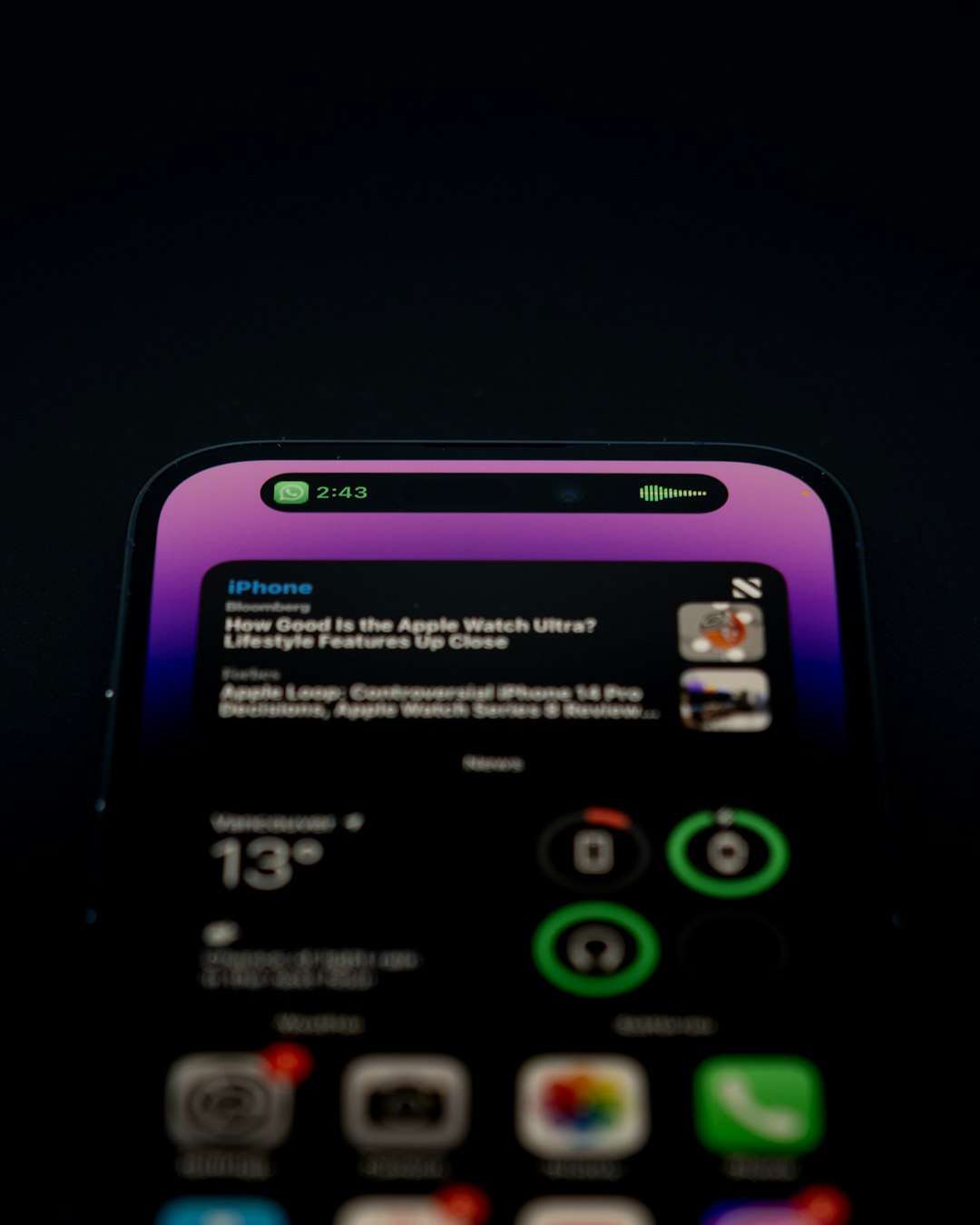Virtual Private Networks (VPNs) offer a secure and private way to browse the internet, access restricted content, and protect personal data from prying eyes. However, despite their many benefits, VPNs are not always perfect. Users often encounter a frustrating scenario: their VPN simply won’t connect. Understanding the reasons behind these issues and knowing how to fix them can save time and safeguard your privacy.
Common Reasons Why a VPN Won’t Connect
Several issues may prevent a VPN from establishing a connection, ranging from server problems to incorrect settings. Below are the most frequent culprits behind VPN connection errors:
- Incorrect Login Credentials: Mistakes in username or password can block access to the VPN server.
- Outdated Software: VPN applications and operating systems need updates to remain compatible and secure.
- Overloaded VPN Server: If a particular server is under heavy traffic, the connection might fail.
- Firewall or Antivirus Interference: Security software may view VPNs as a threat and block connections.
- Internet Connectivity Issues: A weak or unstable internet connection can disrupt VPN access.
- Protocol Incompatibility: Some networks or ISPs may block specific VPN protocols like PPTP or L2TP.
Step-by-Step Methods to Fix VPN Connection Issues
If your VPN won’t connect, follow these troubleshooting steps to resolve the problem efficiently:
1. Verify Your Internet Connection
Before blaming the VPN software, ensure your internet is working properly. Try opening a standard webpage without the VPN activated to verify connectivity.
2. Restart the VPN Application and Device
Rebooting is a simple yet effective fix. Close the VPN app, restart your device, and try reconnecting.
3. Try a Different Server
Switching to another VPN server can bypass issues related to server overload or outages. Most VPN providers offer multiple servers by region.
Image not found in postmeta4. Change VPN Protocols
If your VPN allows you to choose a protocol, try switching between OpenVPN, IKEv2, WireGuard, or L2TP/IPsec. Some networks block certain protocols more strictly than others.
5. Update Your VPN Software
Developers regularly release updates to patch vulnerabilities and improve performance. Keeping your VPN app current can solve connectivity problems.
6. Disable Third-Party Security Software Temporarily
Firewalls and antivirus programs can sometimes conflict with VPNs. Try disabling them briefly to test the VPN connection. If that solves the issue, create exceptions for your VPN app.
7. Check Your Login Credentials
Ensure your username and password are accurate, especially if you’re using a paid VPN service. Mismatched credentials will prevent successful login.
8. Clear Cache or Reinstall the VPN App
Corrupted configuration files can hinder the VPN from launching. Try clearing the VPN app’s cache or uninstall and reinstall the app altogether.

Advanced Fixes
If basic troubleshooting doesn’t help, consider the following advanced options:
- Check VPN Permissions: On mobile devices, make sure the VPN has permission to operate in the background and access necessary services.
- Edit DNS Settings: Try switching to public DNS servers like Google’s (8.8.8.8) to prevent DNS issues during VPN use.
- Try a Different Network: If the VPN works on a mobile hotspot but not on Wi-Fi, the ISP or router may be blocking VPN services.
Conclusion
A VPN that refuses to connect can be frustrating, but with a systematic approach to troubleshooting, most issues can be resolved within minutes. Whether the problem stems from outdated software, server overload, or conflicts with other apps, there’s almost always a simple fix. Staying informed and keeping your tools updated can help maintain a reliable VPN connection and keep your browsing activities secure and private.
Frequently Asked Questions (FAQ)
- Q: Why does my VPN keep disconnecting randomly?
A: This can be due to unstable internet, aggressive battery optimization settings, or a highly occupied server. - Q: Are free VPNs more prone to connection issues?
A: Yes, free VPNs often have limited servers and bandwidth, resulting in frequent disconnects and slow speeds. - Q: Can my ISP block VPN traffic?
A: Some ISPs can interfere with or block certain VPN protocols. Switching protocols or using obfuscated servers may help. - Q: Should I use the automatic server option?
A: It’s a good starting point, but switching manually to a less congested server may improve connectivity. - Q: What if none of the fixes work?
A: Contact your VPN provider’s support team. The issue may be on their side or require advanced intervention.
